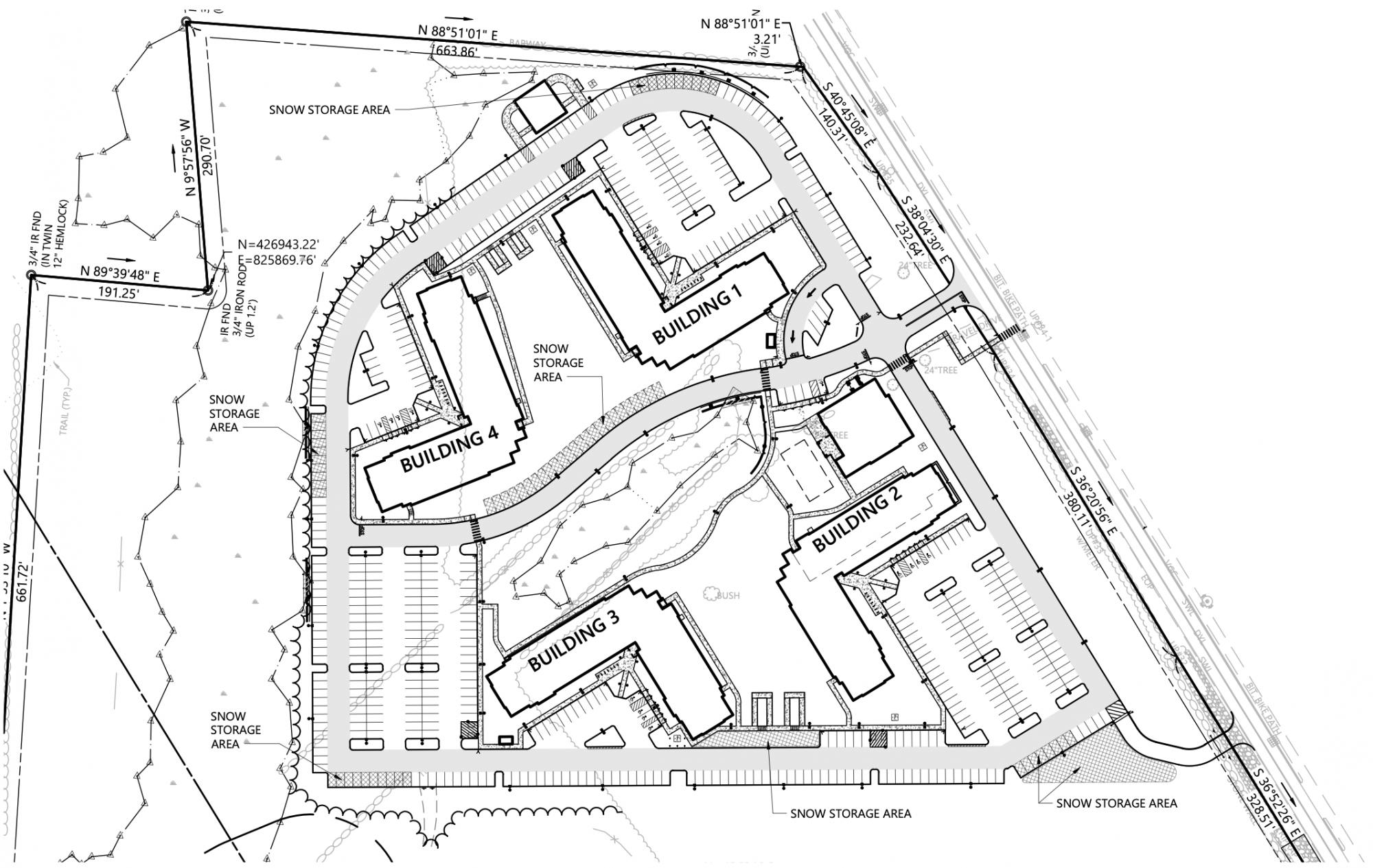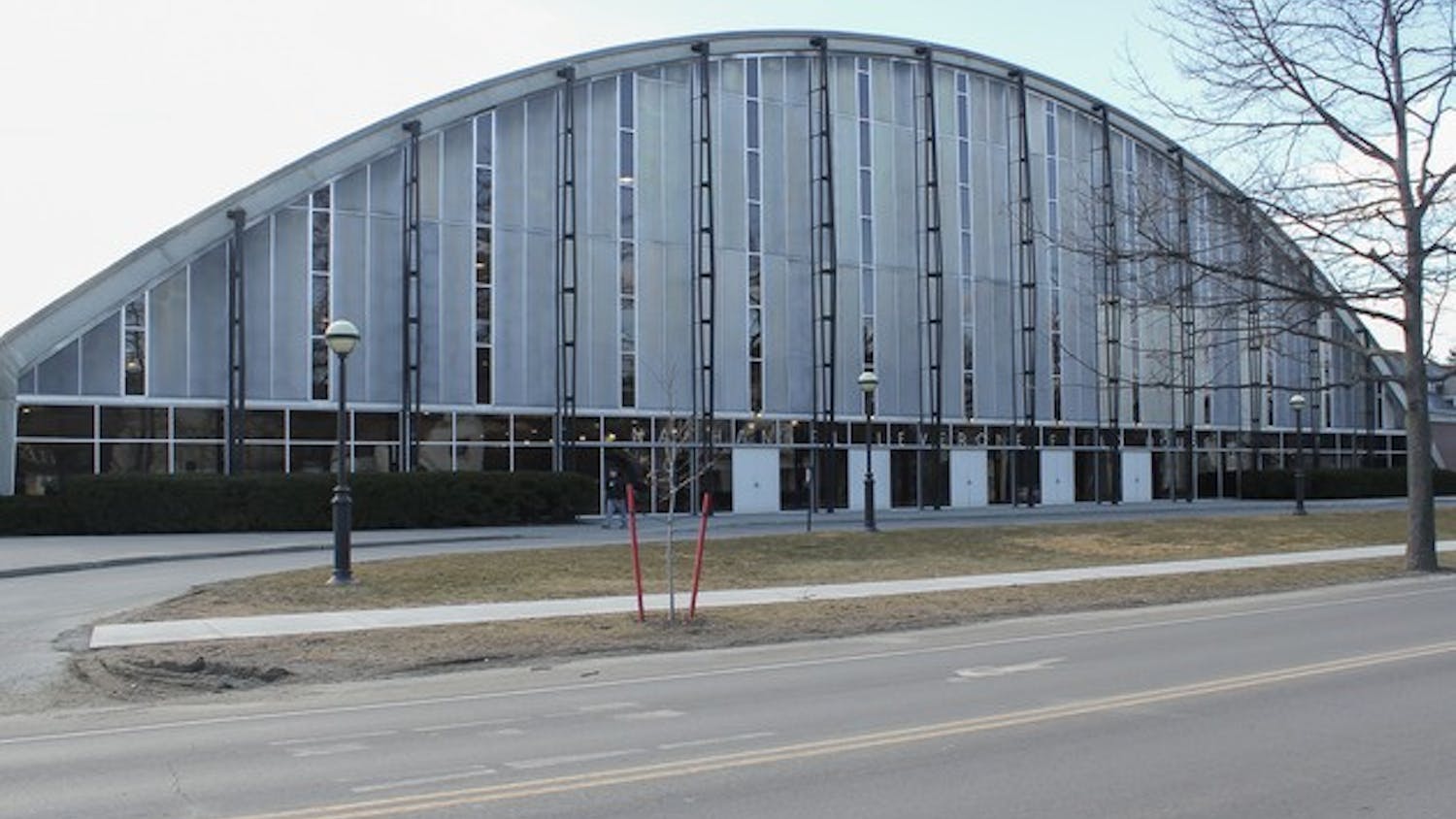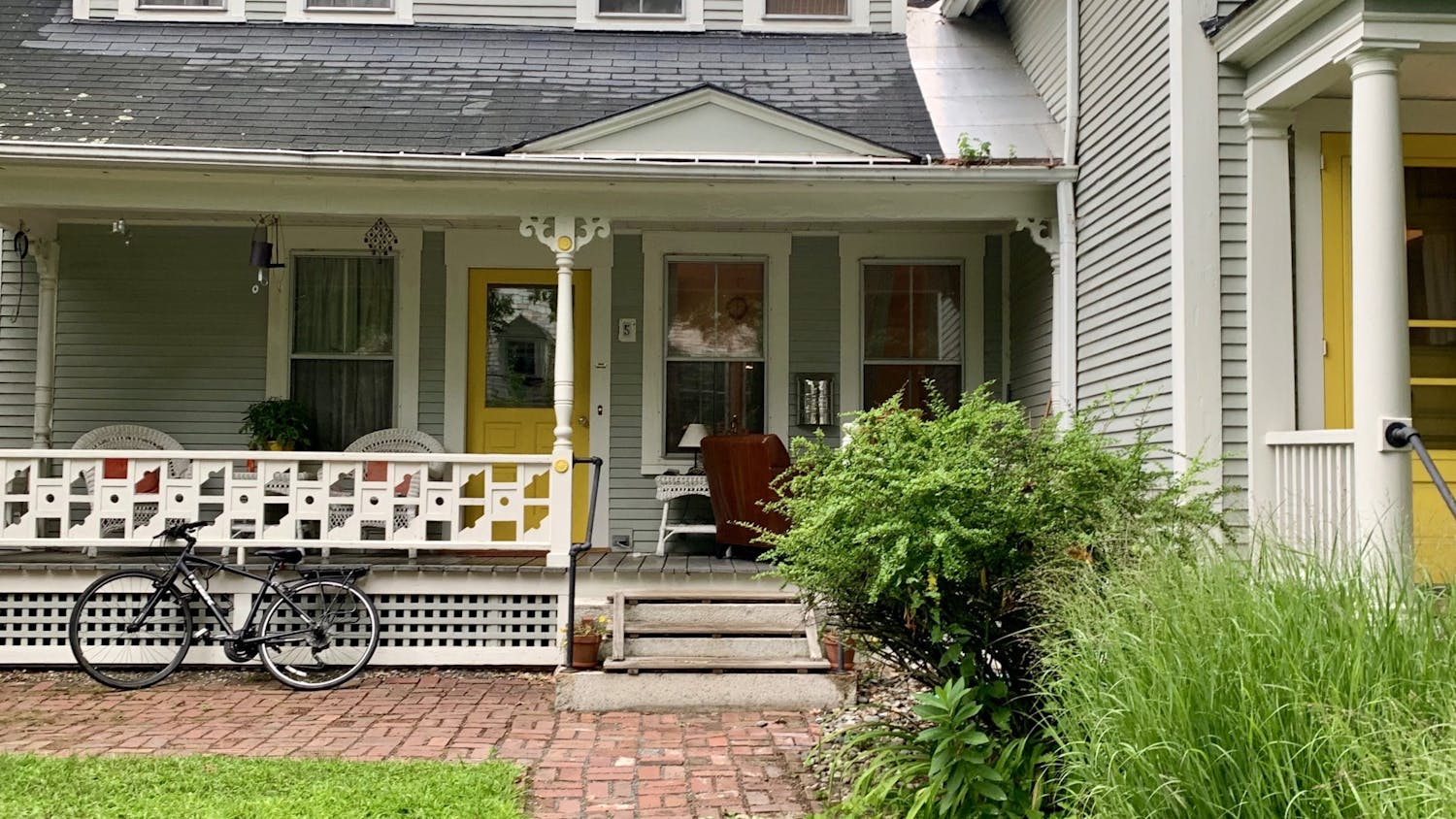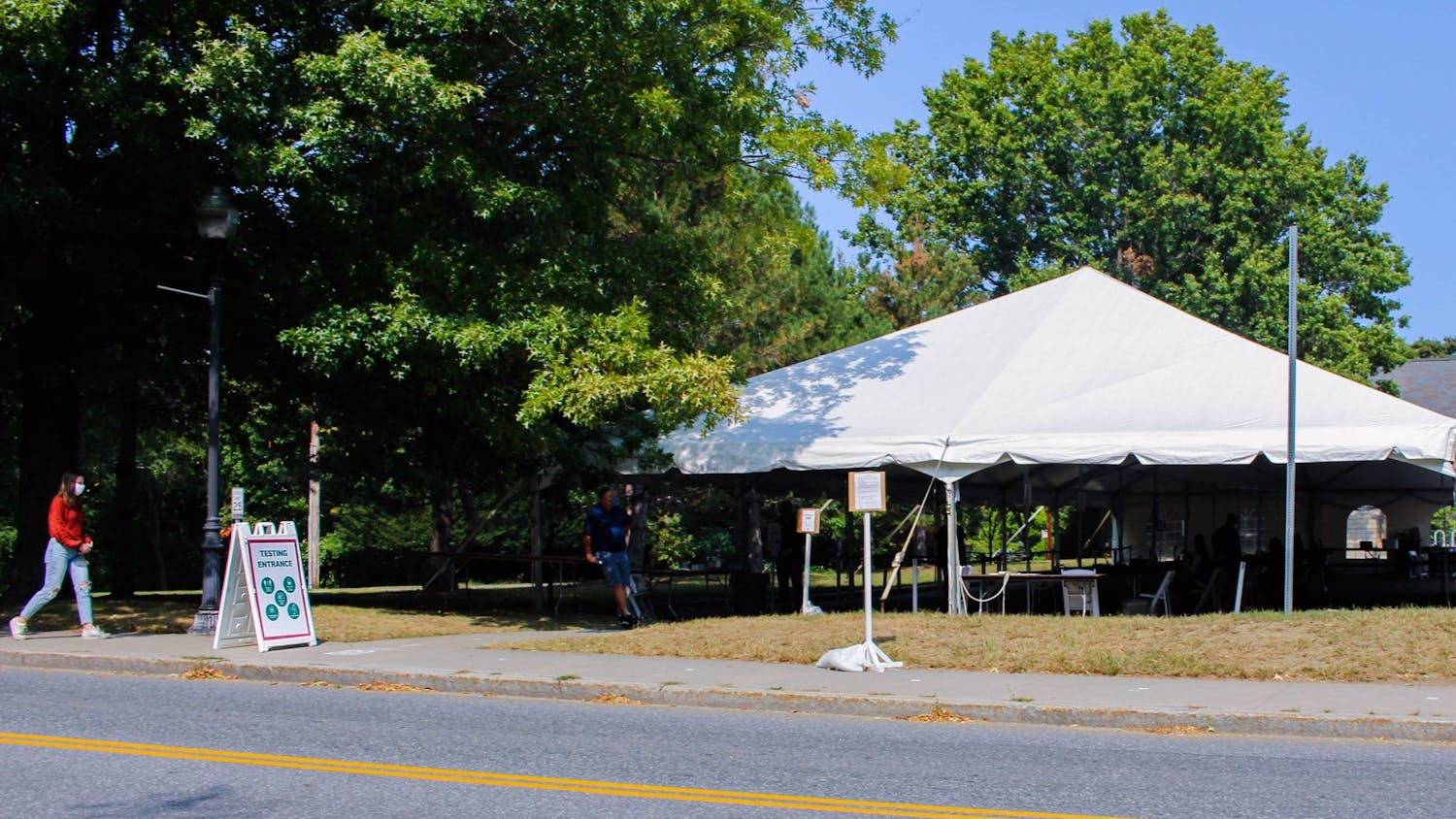Designs have been completed for an $84 million graduate student housing complex near Dartmouth-Hitchcock Medical Center. A private contractor will build, own and operate the 53-acre complex in Lebanon. Students are expected to move into the facility in August of 2022.
The New Jersey-based contractor Michaels Student Living will build 309 apartments to accommodate up to 638 residents, with per-bedroom rents ranging from $1,000 to $1,400 per month, and “most utilities” and Wi-Fi included. These rates are comparable to those at existing graduate student housing options, including the North Park graduate housing complex, which accommodates 111 students, and Sachem Village, which accommodates 255.
Dartmouth graduate students will have priority for the apartments, and any vacant apartments will be made available first to Dartmouth faculty and staff, then to DHMC employees and finally to the general public. While undergraduate students will not be prioritized, Michaels vice president Kristina Vagen said in a May 18 Lebanon Planning Board meeting that fair housing laws “prohibit refusing undergraduates from renting.”
Dartmouth’s vice president of campus services and institutional projects Josh Keniston said that the College signed the deal in order to address a shortage of affordable housing in the Upper Valley.
“Housing in the Upper Valley is challenging. There's not enough of it and what is out there is often too expensive,” Keniston said.
Keniston added that Michaels is a company with expertise in both student housing and affordable housing.
“We were looking for a housing developer that knew how to strike that balance of creating the right kind of amenities that a student would want, without driving up what the rental cost was going to need to be,” Keniston said. “Michaels came out as the strongest partner that had that combination.”
According to Ned Williams, senior vice president of student living at Michaels, the company was chosen as a partner through a competitive process in which Dartmouth sent out a “request for proposal” and considered plans submitted by several national student housing developers.
After Dartmouth decided to partner with Michaels in December, a nine month process began, according to Williams, in which the two parties worked collaboratively to develop a design for the complex.
Keniston said Dartmouth and Michaels held focus group sessions in order to better understand the housing needs of graduate students. He added that one focus group session led Michaels to redesign several parking amenities and the common area, and also add additional units that could be shared by a greater number of people, in order to decrease the average cost per person.
According to Williams, some of the students’ feedback on affordability led Michaels to redesign plans in favor of including less expensive apartment options.
In order to address transportation needs, Michaels will run a shuttle service included in tenants’ monthly rent, Williams said. The shuttle, which will run at regular intervals seven days a week, will travel between the complex and campus, with various stops in between, including a grocery store, DHMC, Tuck and the Green.
Nicholas Shade ’20 Th’21 noted that for him, Dartmouth’s existing housing offers a better option than the new complex due to its proximity to campus. However, he doesn’t see the distance of the complex as a disqualifier.
“If the price is right, I would definitely consider it even given the distance,” Shade said.
Shade is currently living in an off-campus residence that he rents through the Dartmouth Real Estate Office. Shade said that his biggest priorities when looking for housing are furnishing and affordability.
“One of the biggest struggles, especially as a first year grad student, is that all of the dorm housing is unfurnished. That was a big challenge, especially with COVID and the whole quarantine process,” Shade said. “There were like two days where it was pretty barren in my apartment and it was a little unfortunate.”
Shade said he found Michaels’ decision to furnish apartments “convenient” and “a really great asset for graduate students.”
Keniston said Dartmouth has worked with Michaels on setting expectations around carbon footprint and environmental impact.
“One of the things we’ve asked them to prioritize is to look for ways of improving the energy efficiency of the building,” Keniston said. “So I know that’s been a priority for them as they've been thinking about their design and the work that they do,” Keniston said. He noted, however, that Michaels ultimately owns and operates the project.
When the Lebanon Planning Board was considering Michaels’ plan, the city’s Conservation Commission — which makes recommendations around the use of local land — raised concerns about the wetlands surrounding the proposed development. One of these wetlands lies in the center of the development area, while another borders on its planned 556-space parking lot.
The Conservation Commission was concerned about the size of this lot, and whether any of the facility or the lot would encroach on the nearby wetlands and wildlife. However, a report by the U.S. Department of the Interior’s Fish and Wildlife Service found that the development fulfilled the requirements set by the Endangered Species Act.
The Commission ultimately accepted Michaels’ application for a permit in a 5-2 vote. Williams said that the design aims to build around the wetland features in accordance with regulations.





